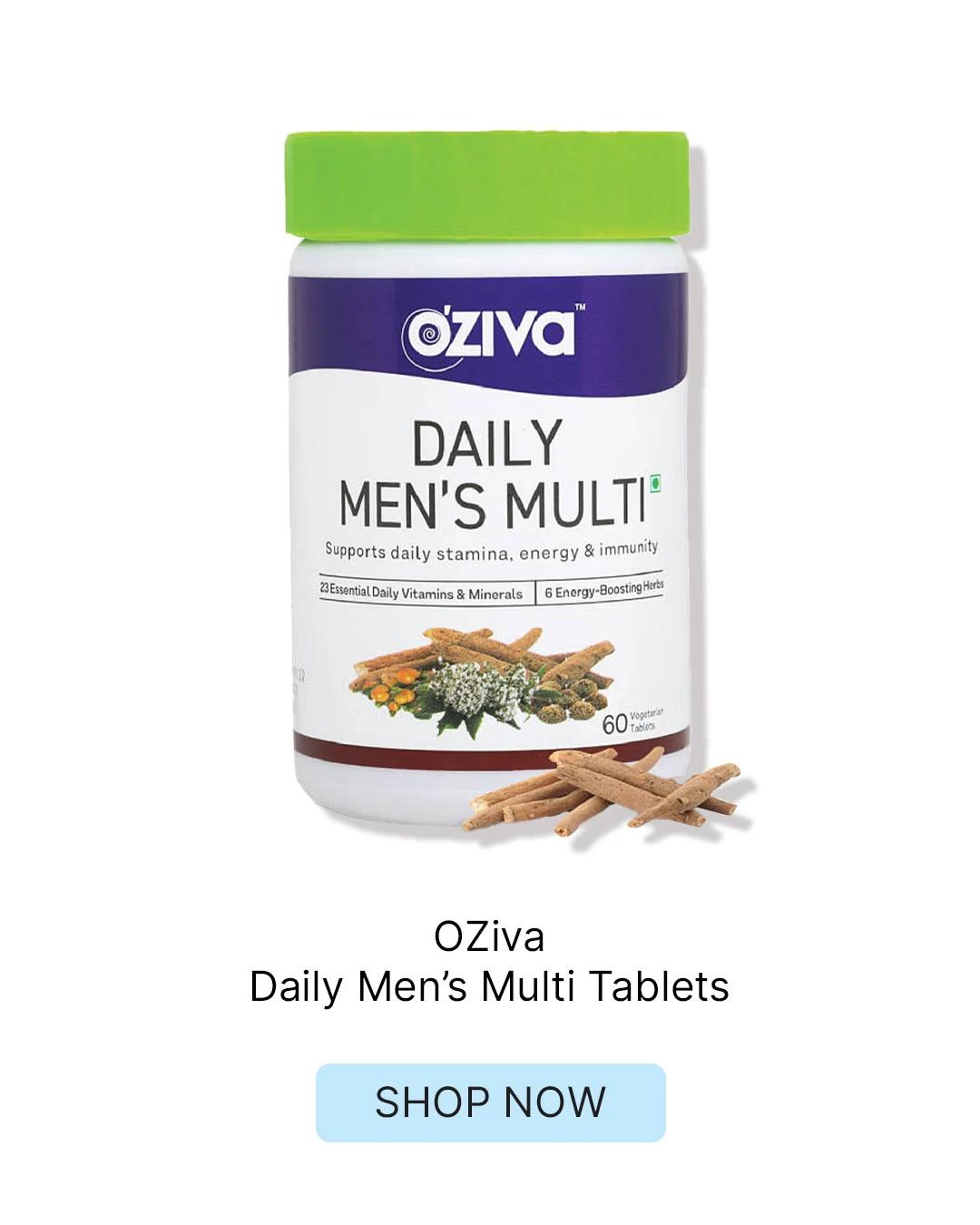Let's be real—when it comes to wellness, calcium might not be the flashiest topic on your feed. But here's the thing: while everyone's talking about protein powders and vitamin D, calcium quietly does the heavy lifting for your bones, muscles, and overall health. Most men reckon they're sorted because they had milk as kids, but plot twist—you might be missing out on this crucial nutrient without even knowing it. Whether you're in your twenties building peak bone mass or pushing forty and thinking about long-term health, calcium supplements for men deserve a proper look. Ready to sort your calcium game once and for all? This step-by-step guide will walk you through everything you need to know.
Understanding Calcium's Role in Men's Health
Calcium isn't just about strong bones—though that's definitely its main gig. Your body uses calcium for way more than you'd think. Every time your heart beats, your muscles contract, or your nerves send signals, calcium is working behind the scenes. It's like the unsung hero keeping your body's systems running smoothly.
Bone health for men becomes especially important as you age. After 30, your bones start losing more calcium than they gain, making it crucial to maintain adequate intake. But calcium also helps with blood clotting, hormone release, and even maintaining normal blood pressure. Your body doesn't make calcium on its own, so you've got to get it from food or supplements.
Step 1: Assessing Your Calcium Needs
Before diving into supplements, you need to figure out how much calcium your body actually needs. The recommended daily calcium intake varies depending on your age and lifestyle. Men aged 19-50 need about 1,000mg daily, while those over 50 should aim for 1,200mg.
But here's where it gets interesting—your needs might be different. If you're super active, dealing with stress, or have a family history of bone issues, you might need more. Your diet, medications, and even where you live can affect how much calcium your body requires.
Signs of Calcium Deficiency
Spotting calcium deficiency symptoms early can save you loads of trouble later. Keep an eye out for:
• Muscle cramps or spasms, especially at night
• Brittle or weak nails
• Frequent fractures or slow-healing bones
• Tingling in fingers and toes
• Fatigue or weakness
• Dental problems like weak teeth
These signs often develop gradually, so they're easy to brush off as just getting older or being stressed.
Step 2: Evaluating Your Current Calcium Intake
Time for some detective work. Track what you eat for a few days and calculate your calcium intake. A glass of milk has about 300mg, a cup of yoghurt packs around 400mg, and cheese varies widely. Most cereals are fortified with calcium too.
The tricky bit is that many men don't get enough calcium from food alone. If you're hitting the gym regularly, your bones are working harder and need more support. Plus, if you're not big on dairy or follow any dietary restrictions, you might be falling short without realising it.


 60 Capsule
60 Capsule